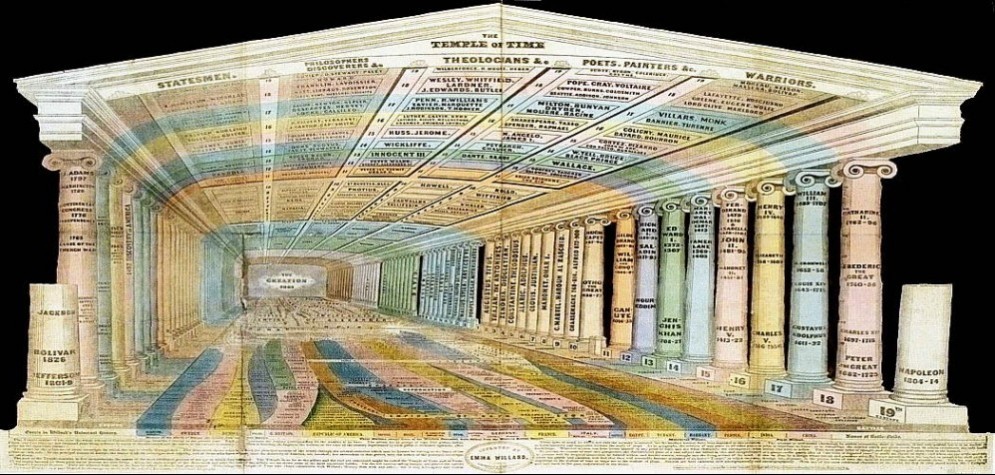There are plenty of ways to make a point quickly and emphatically, but few are as economical as a good interjection. Compared to the expressions one never runs across anymore except in Shakespeare, eighteenth century novels, and Mad Libs, most recent examples are pretty unmusical, uninspired, and linguistically dull: “wow,” “cool,” “awesome,” “Jesus.” This extends even, dare I say, to profanity. These exclamations are also fairly interchangeable – in other words, in many respects they’ve lost their sparkle, their spunk.
- Looking back, some of the best sounding words were expressions of surprise or simple emphasis – basically, strategies to avoid uttering an oath. Shorthand blasphemy.
- Oddsbodkins!: God’s body
- Zounds!: God’s wounds
- Gadzooks!: God’s hooks (those nails used in the Crucifixion).
- Then there are the more secular tropes – also a kind of conversational shorthand.
A great (two-word) expression that, like all proper idioms, seemed to have no obvious connection to its referent was “Brown Salve!”, which communicated both surprise at and understanding of whatever the hell it was someone just told you. You can consult John Camden Hotten’s Slang Dictionary (1859) for more delicious morsels. A popular recent example is probably “Not!”. “Not!” enjoyed its heyday in the 1990s, and popped up in everything from the New Republic to commercials for dish detergent. “Not!” is not a new expression, however. In its contemporary usage, it first appeared in 1900, and I first noticed it in Ellis Parker Butler’s short story “Pigs is Pigs.” In 1908, the expression cropped up in a panel of Dreams of a Rarebit Fiend, by the pioneering Winsor McKay: “That confounded rarebit I ate last night is making me sleep lovely. NOT!!!”.[1] “Not!” is used to negate an idea for humorous rhetorical effect, but it basically operates as a means to shut down a particular line of conversation or thought. In happier times, the preferred method by which to perform this was “Quoz!”. It’s a funny word, and fun to shout. Unlike, say, “Oddsbodkins,” “Quoz!” was employed (perhaps a better term is deployed) for a wide range of specific purposes, with maddening effects. In Memoirs of Extraordinary Popular Delusions and the Madness of Crowds (1852), Charles Mackay’s esoteric history of follies, fads, manias, schemes, and ruses, “Quoz! gets delightfully elegant treatment: When vulgar wit wished to mark its incredulity, and raise a laugh at the same time, there was no resource so sure as this popular piece of slang. When a man was asked a favour which he did not choose to grant, he marked his sense of the suitor’s unparalleled presumption by exclaiming Quoz! When a mischievous urchin wished to annoy a passenger, and create mirth for his comrades, he looked him in the face, and cried out Quoz! and the exclamation never failed in its object. When a disputant was desirous of throwing a doubt upon the veracity of his opponent, and getting summarily rid of an argument which he could not overturn, he uttered the word Quoz, with a contemptuous curl of his lip, and an impatient shrug of his shoulders. The universal monosyllable conveyed all his meaning, and not only told his opponent that he lied, but that he erred egregiously if he thought that any one was such a nincompoop as to believe him. Every alehouse resounded with Quoz; every street-corner was noisy with it, and every wall for miles around was chalked with it. Sadly, “Quoz!” went the way of “Pickles!” and “Be-blowed!” (now we say “blow me” but it means something entirely different). That something once so popular and so useful could fade to obsolescence so quickly shouldn’t surprise me, but it always does. Brown Salve!

